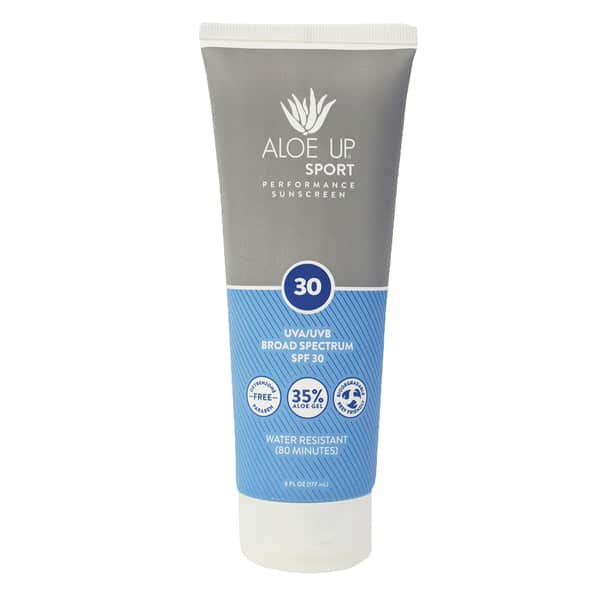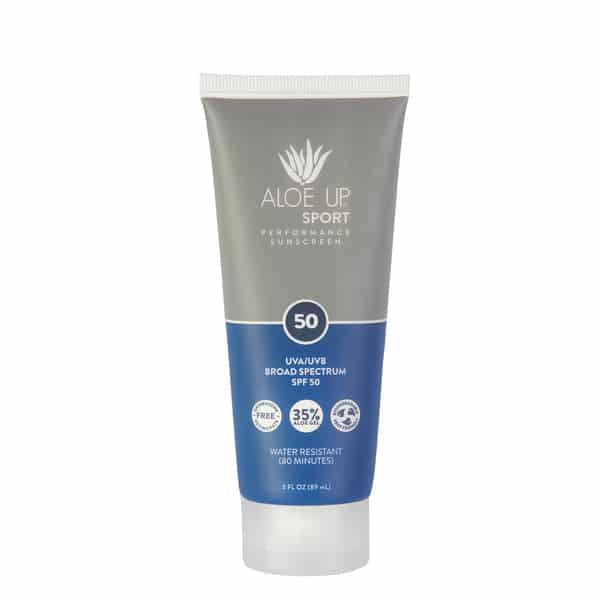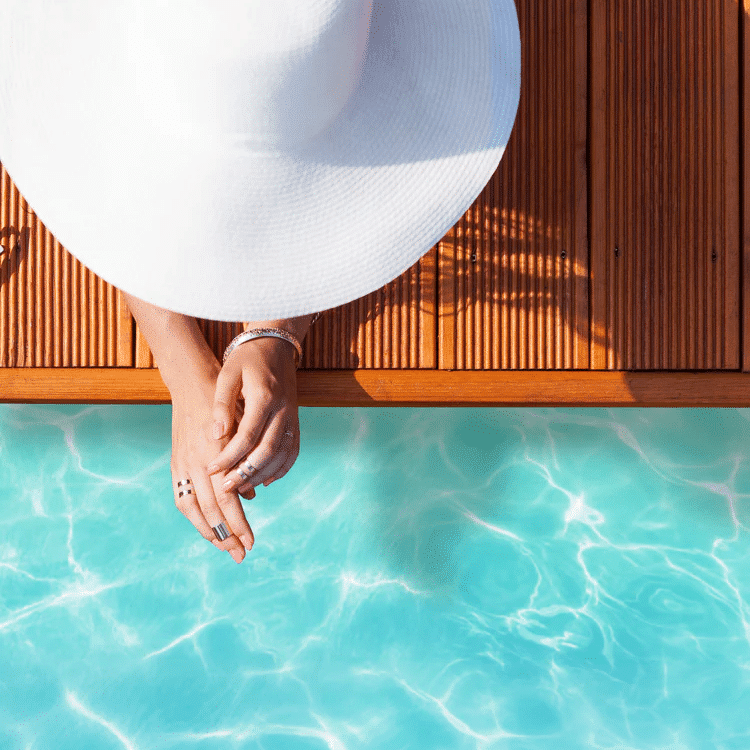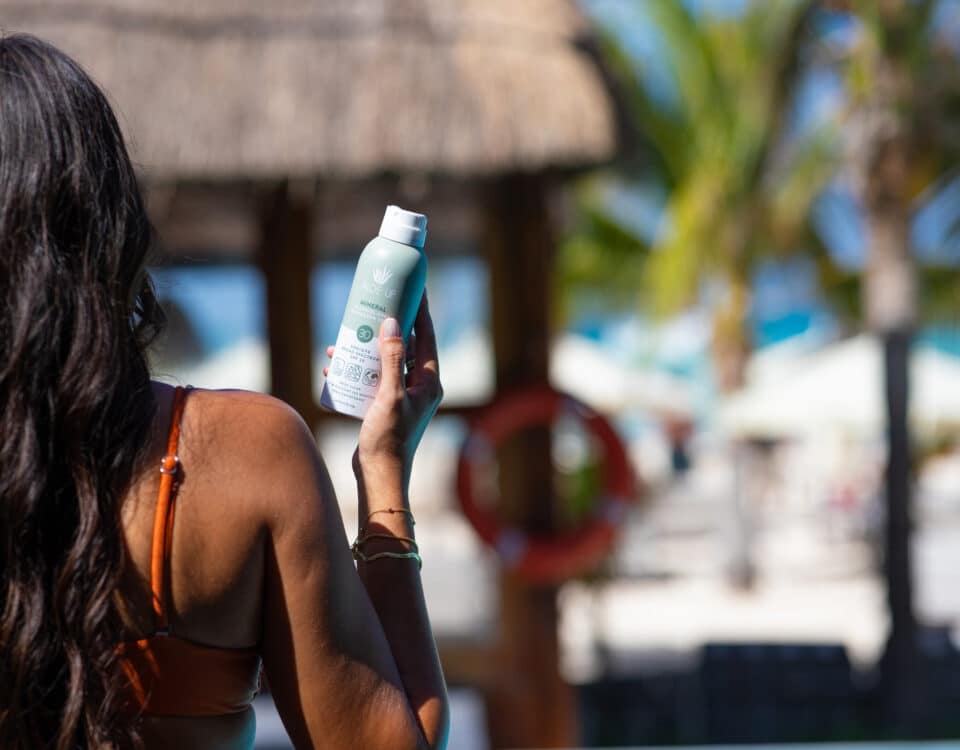
Why It’s Important to Wear Sunscreen in Winter
May 27, 2024
Best Sunscreen for Sensitive Skin: A Guide to Gentle Sun Protection
January 13, 2025Blue Light Protection for Holiday Screen Time: SPF indoors
With the holiday season quickly approaching, many of us are spending more time indoors, whether it’s for shopping online, working remotely, or enjoying cozy holiday movies. As we gather around screens—whether it’s phones, tablets, computers, or TVs—it’s important to consider the impact of blue light on our skin and overall skin health. While we’re all familiar with the dangers of UV rays from outdoor exposure, blue light can also contribute to skin aging, pigmentation, and even exacerbate skin conditions. Here’s how you can protect your skin, even when indoors.
What Is Blue Light and Why Should You Care?
Blue light is a type of high-energy visible (HEV) light that’s emitted by digital devices and LED lighting. While blue light is naturally found in sunlight, the digital exposure we face daily can cause harm to our skin over time. Research is still ongoing, but studies suggest that prolonged exposure to blue light may accelerate the formation of fine lines, wrinkles, and hyperpigmentation by penetrating deeper layers of the skin.
Blue light can also affect the skin’s ability to heal and regenerate, making it more susceptible to damage from environmental stressors. This is why protecting your skin indoors—especially when spending long hours in front of screens—is important.
How Blue Light Affects Your Skin
Unlike UV rays, which primarily affect the outer layers of the skin, blue light can penetrate deeper, reaching the dermis, where collagen and elastin are produced. This can lead to premature aging over time, known as photoaging. The skin may start to lose its firmness, elasticity, and youthful glow due to this deeper penetration.
In addition, blue light may trigger or worsen hyperpigmentation, such as dark spots or melasma, especially in individuals with darker skin tones. For those with sensitive skin or conditions like acne or rosacea, blue light may also increase inflammation, exacerbating existing skin issues.
Why SPF is Essential, Even Indoors
Although traditional sunscreens are designed to protect against UV radiation, many are now formulated to defend against the effects of blue light too. Sunscreen with broad-spectrum protection helps block both UVA and UVB rays, but SPF products are also starting to include ingredients like antioxidants and anti-blue light compounds to guard against digital damage. Using SPF indoors is an easy way to combat the cumulative effect of blue light exposure. It’s especially important for those who spend long hours on computers, phones, or other devices. Without the proper protection, you may be setting yourself up for premature aging, skin discoloration, and other signs of environmental damage that will show over time.
Best Practices for Blue Light Protection
- Use a Sunscreen with Blue Light Protection
Look for sunscreens that are specifically formulated to protect against blue light. These products typically contain antioxidants such as vitamin C or niacinamide, which help counteract the oxidative stress caused by blue light exposure. Look for a broad-spectrum SPF of at least 30 for the most effective protection.
- Consider Skincare Ingredients that Help Combat Blue Light
Certain skincare ingredients can help counteract the damaging effects of blue light. Antioxidants like vitamin C, E, and green tea extract can neutralize free radicals produced by exposure. Some sunscreens also include iron oxide, which can provide additional defense against blue light.
- Apply Sunscreen Regularly
Even indoors, you should reapply sunscreen every two hours, especially if you’re spending extended time in front of digital devices. It may seem excessive, but regular reapplication ensures your skin remains protected against cumulative exposure.
- Take Breaks from Screens
In addition to using sunscreen, try to reduce your overall screen time. Take breaks every 20-30 minutes to rest your eyes and step away from devices. This will help reduce the impact of blue light on both your skin and eye health.
- Use Blue Light-Blocking Glasses
Consider investing in blue light-blocking glasses, especially if you spend a lot of time on digital devices. These glasses are designed to reduce exposure to blue light, minimizing its impact on your skin and eyes.
Why Aloe Up is Your Solution for Indoor Skin Protection
Aloe Up understands the importance of protecting your skin not just from the sun, but also from the unseen dangers of blue light. Our broad-spectrum sunscreens are designed to shield your skin from both UV rays and blue light. Enriched with soothing aloe vera, our products help nourish your skin while providing essential protection against everyday environmental stressors. Whether you’re holiday shopping online, streaming festive films, or attending virtual meetings, Aloe Up has you covered with high-quality, easy-to-use products that can keep your skin looking youthful and radiant, even in the digital age.
Conclusion: Protect Your Skin, Even When Indoors
As the holiday season approaches, many of us will find ourselves spending more time indoors in front of screens. But just because you’re inside doesn’t mean your skin is safe from the damaging effects of blue light. Make sure you’re using SPF daily to protect your skin from digital exposure, and consider adding antioxidants to your skincare routine to help fight the effects of prolonged screen time. With Aloe Up’s specially formulated sunscreens, you can enjoy the holidays with peace of mind, knowing your skin is protected, no matter where you are.







